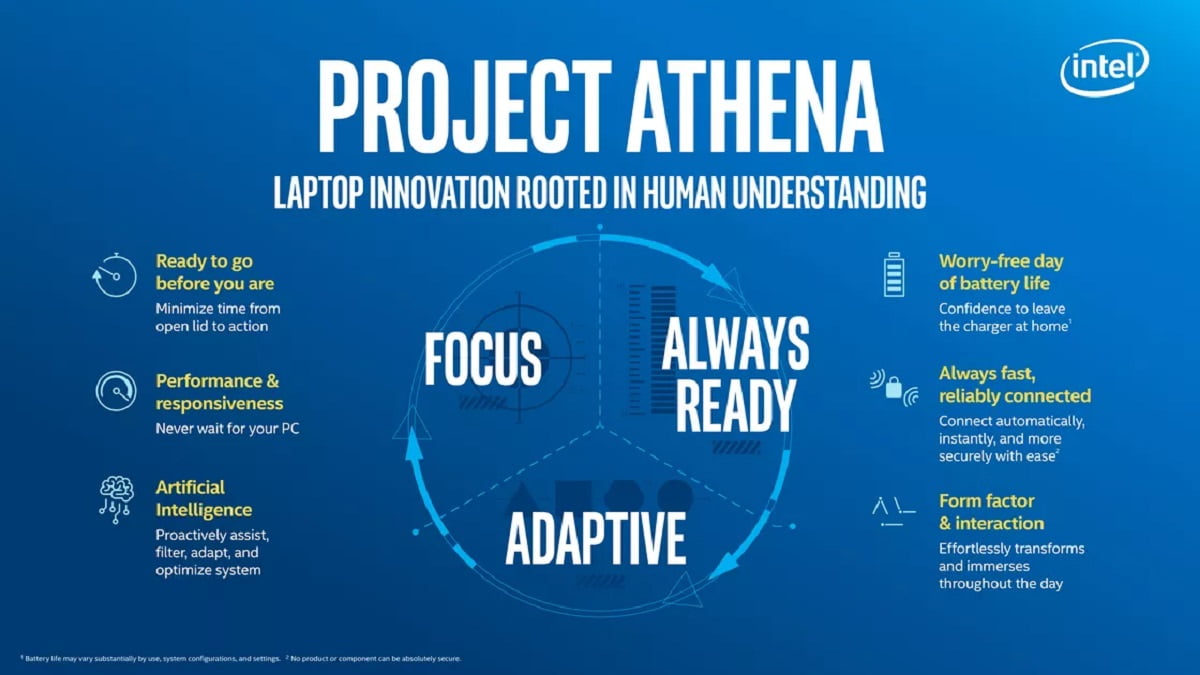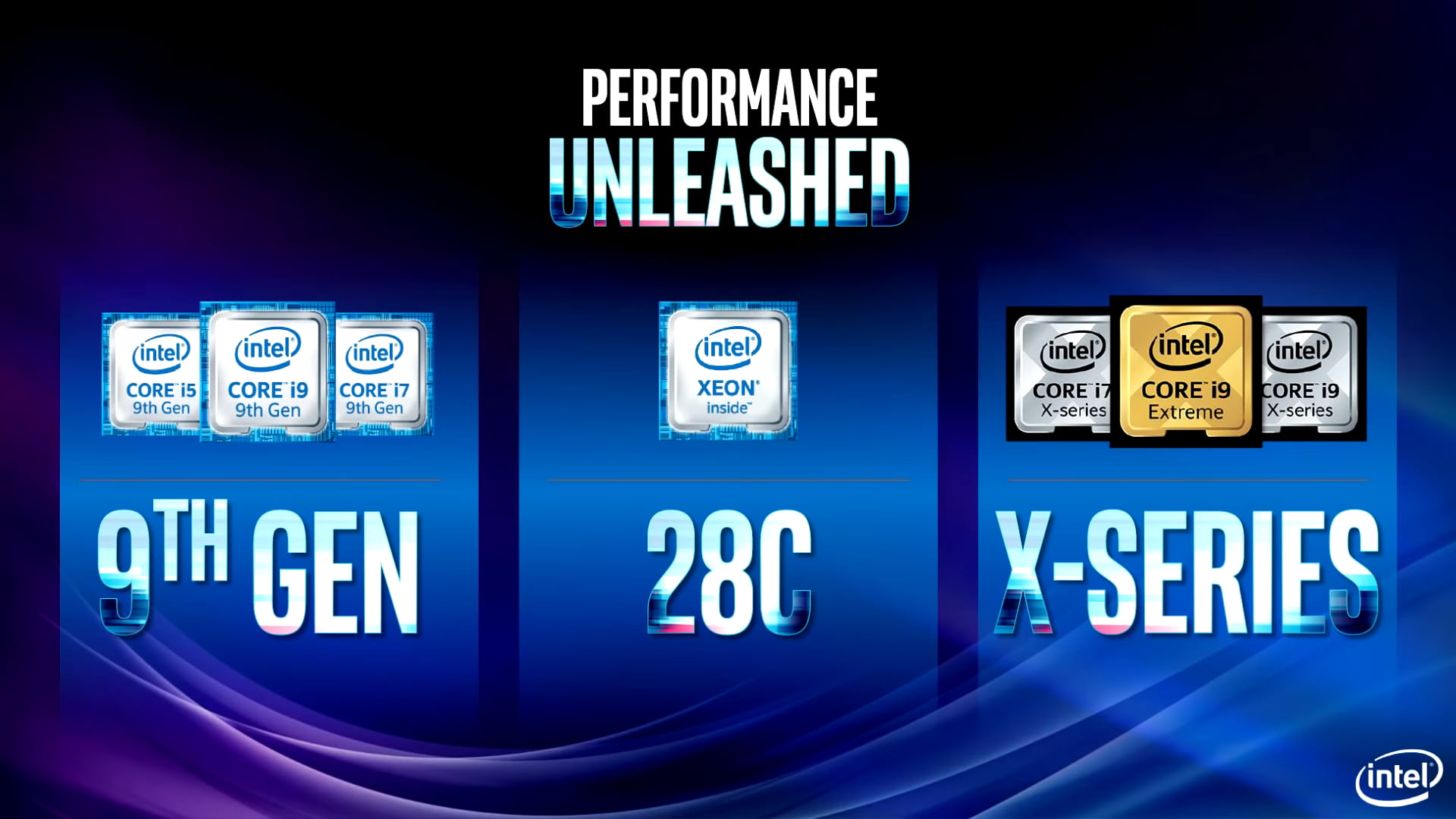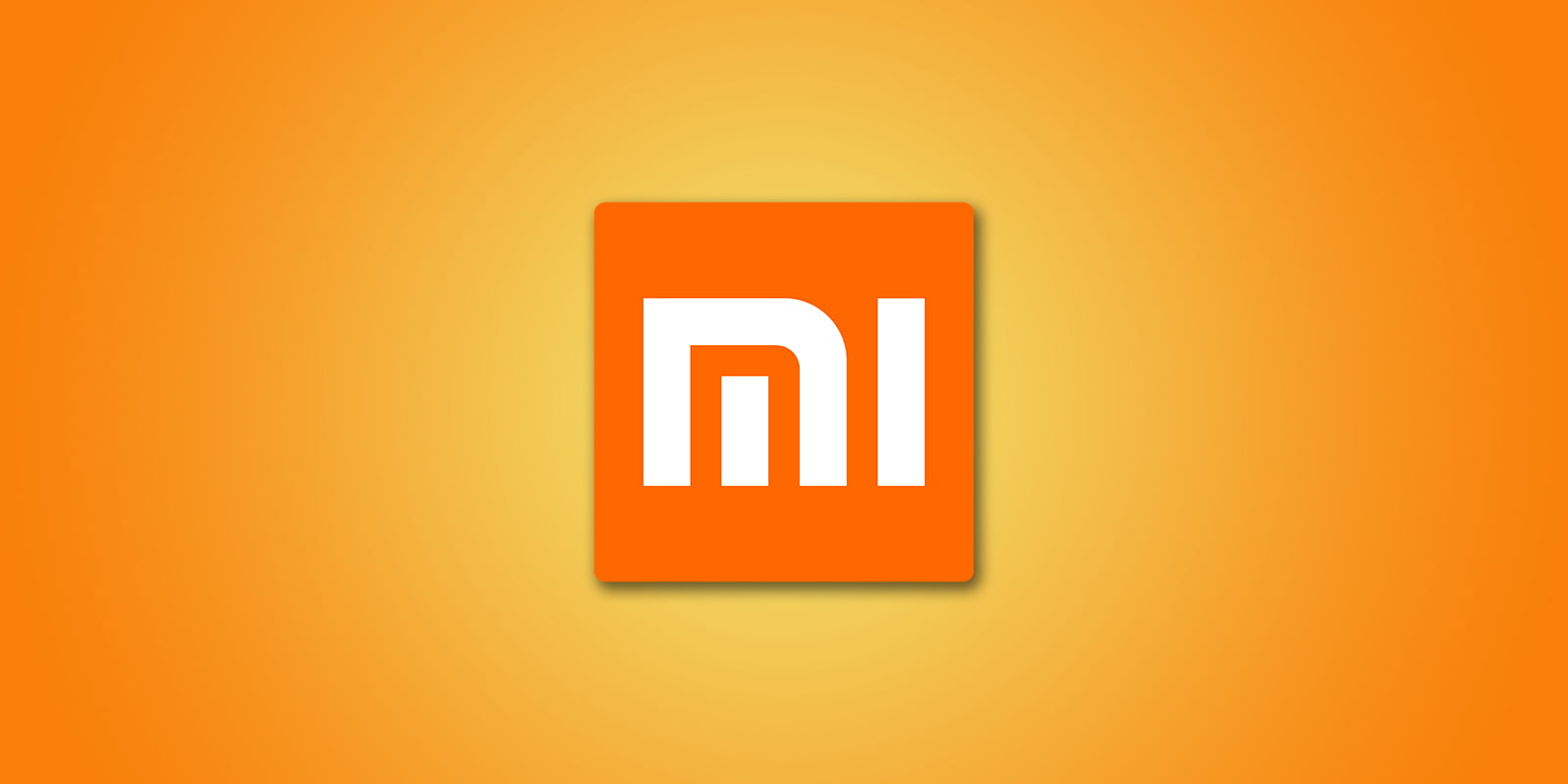It seems like Intel is poised to be the first company to bring some of the most ground-breaking smartphone tech to laptops. The chipmaker announced a program named “Project Athena” at CES 2019 that will revolutionize the way we use our laptops. Project Athena will make it easier for laptop manufacturers to integrate both 5G and AI technology into their products.
Project Athena will kick off later this year. Although light on the details, Intel said the project is “designed to enable new experiences and capitalize on next-generation technologies, including 5G and artificial intelligence.” Project Athena will outline instructions for manufacturers of Windows and Chrome operating systems later this year.

The company will be working hand-in-hand with device manufacturers including Acer, Asus, Dell, Google, HP, Innolux, Lenovo, Microsoft, Samsung, and Sharp. They will certify Athena devices via a detailed certification procedure.
Intel will not only focus on bringing 5G and AI to laptops but bring other improvements as well. Athena will enhance laptops with 2-in-1 touchscreen-based convertible performance, increased battery life, and decreased boot times.
Athena will also set new benchmarks for user experience and strive to hit performance targets based on real-world usage scenarios.
Our smartphones have already integrated AI technology quite well with services like Google Assistant and Siri. AI is also used to optimize photos automatically, to ensure the best settings for every scenario.
Right now we don’t know exactly how Intel will integrate AI into laptops. We assume that Intel will use it improve memory management, provide more accurate biometric authentication, and optimize performance.
The first Athena-based laptops will launch in the second quarter of 2019. These laptops will most likely be shipped with Intel’s latest 10nm “Ice Lake” chips.
The Ice Lake processors will be an upgrade from Intel’s Coffee Lake chips and will be an upgrade from the limited-launch Cannon Lake chipsets. Ice Lake will be built on Intel’s new Sunny Cove CPU microarchitecture.
This architecture will improve performance and enhance efficiency when performing computing tasks. It seems Ice Lake is the perfect processor to meet the high processing power requirements of AI. The chipset will feature Intel(R) DL Boost instruction sets to speed up AI performance.
The laptop chipset will also be the first to support ThunderBolt 3 and the new high-speed Wi-Fi 6 wireless network standard as built-in infrastructure. Other features include the all-new Gen11 integrated graphics system and Intel Adaptive Sync technology.
This will enable smoother frame rates for a more immersive gaming performance. Moreover, Lakefield will have a tiny form factor that will allow laptop manufacturers to fit in more components without sacrificing computing performance.
Laptop computers have not seen much innovation over the last few years. Manufacturers have focused on beefing up the specs, or on portability and looks. Intel is looking to change this. It is selecting the best things smartphones have to offer and bringing this technology to portable computers.
2019 should be an exciting year for all laptop users!




Share Your Thoughts